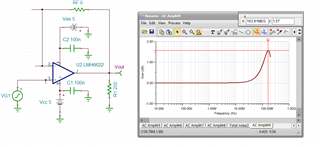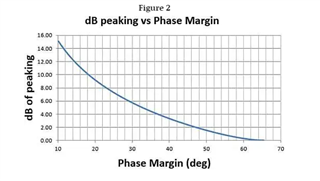Other Parts Discussed in Thread: OPA2863
Hi,
I was looking for an alternate option for LT6203, it seems the cross reference output from TI weblink shown as LMH6622.
When compared between : LMH6622 is not unity gain stable and that’s required for some of the blocks on the design. It takes twice the current per amplifier compared to LT6203.
Also LMH6622 package is bigger due to space constraint.
Do you have any better suggestions that could meet above requirement ?




